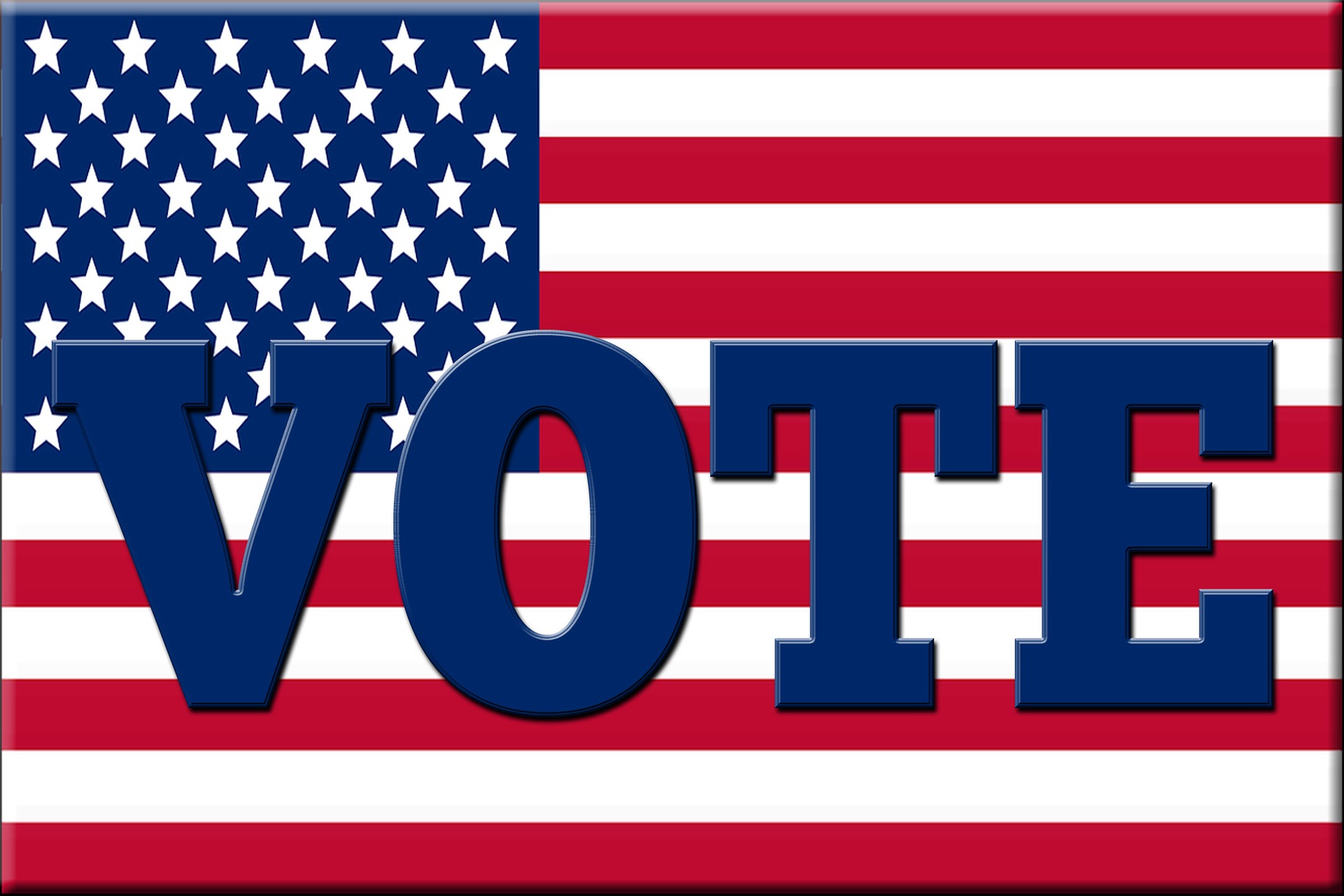By Victoria Eavis
Casper Star-Tribune
Via- Wyoming News Exchange
CASPER — The prospects for passing a runoff election bill in the Legislature’s upcoming budget session appear nearly dead.
The Joint Corporations, Elections and Political Subdivisions Committee considered the election reform proposal Thursday, in a state where the Republican candidate is often all but guaranteed victory. Proponents of runoff elections say they would prevent someone from succeeding with less than a majority vote — a regular occurrence in Wyoming Republican primaries with multiple candidates.
The committee indefinitely tabled runoff legislation and voted down a constitutional amendment that would have served as a necessary counterpart to the bill.
Runoff elections are a system in which candidates must win a majority of all votes – 50% plus one vote – to be named the winner of the primary. If no candidate achieves that number, the election then proceeds to a runoff, in which the top two candidates face one another in a second round of voting to determine a winner.
Right now, candidates in Wyoming’s primaries only need a plurality of votes to move to the general election.
The committee voted down the amendment first, with five lawmakers in favor, eight against and one excused. Without a constitutional amendment, the runoff bill was essentially moot, and the committee voted in favor of tabling it.
If the bill was successfully signed into law, it would not have gone into effect until 2024.
Technically, an individual lawmaker can attempt to bring the bill back in the budget session, but it’s harder to gain traction that way, and lawmakers have limits on the number of bills they can introduce. Committee-sponsored bills are historically more likely to pass.
Many sitting lawmakers testified in favor of runoff elections.
Wyoming Republican officials have been pushing for election reform by next year’s primary, which is expected to feature Rep. Liz Cheney and Gov. Mark Gordon attempting to defend their seats from GOP challengers. Proponents have pushed a runoff bill in particular as a way to avoid a primary in which multiple challengers — often from the far right — split the vote, and the incumbent wins with less than a majority.
In 2018, for example, Gordon won his primary with roughly one-third of the Republican vote. Approximately 47% of GOP voters supported the two runners-up: Harriet Hageman, who is now challenging Cheney, and the late Foster Friess.
Prior to former President Donald Trump’s endorsement of Hageman, next year’s Republican House race attracted a long list of challengers. Cheney opponents worried that scenario would lead to her reelection, with the rest of the candidates splitting the vote.
Enter the former president. Trump issued multiple statements on the matter, acknowledging Wyoming’s history of Republican candidates splitting votes and the need for “one candidate.” He branded runoff legislation as a way to take down Cheney, who angered Wyoming’s far right and Trump himself when she voted to impeach him in January.
After Trump endorsed Hageman in September, a number of candidates chose to drop out because of the state’s history of splitting votes. Many of the bill’s proponents say they do not see runoff elections as partisan.
“This, to me, is a very nonpartisan piece of legislation,” Rep. Chip Neiman, R-Hulett, said at the Thursday meeting. One House colleague agreed.
“It’s really not about right or left, like Rep. Neiman said. It’s about right or wrong,” said Rep. Bill Fortner, R-Gillette.
Neither of the representatives are on the Join Corporations Committee, so they did not have a vote at Thursday’s meeting.
Lawmakers have tried before to enact runoff elections. A runoff bill, Senate File 145, failed to capture enough support from the Senate in this year’s general session. It died on the third and final reading in the Senate in a 14-15 vote, with one lawmaker excused.
Past research shows that runoffs have historically led to significant declines in voter turnout, though states like Georgia have recently bucked that trend.






